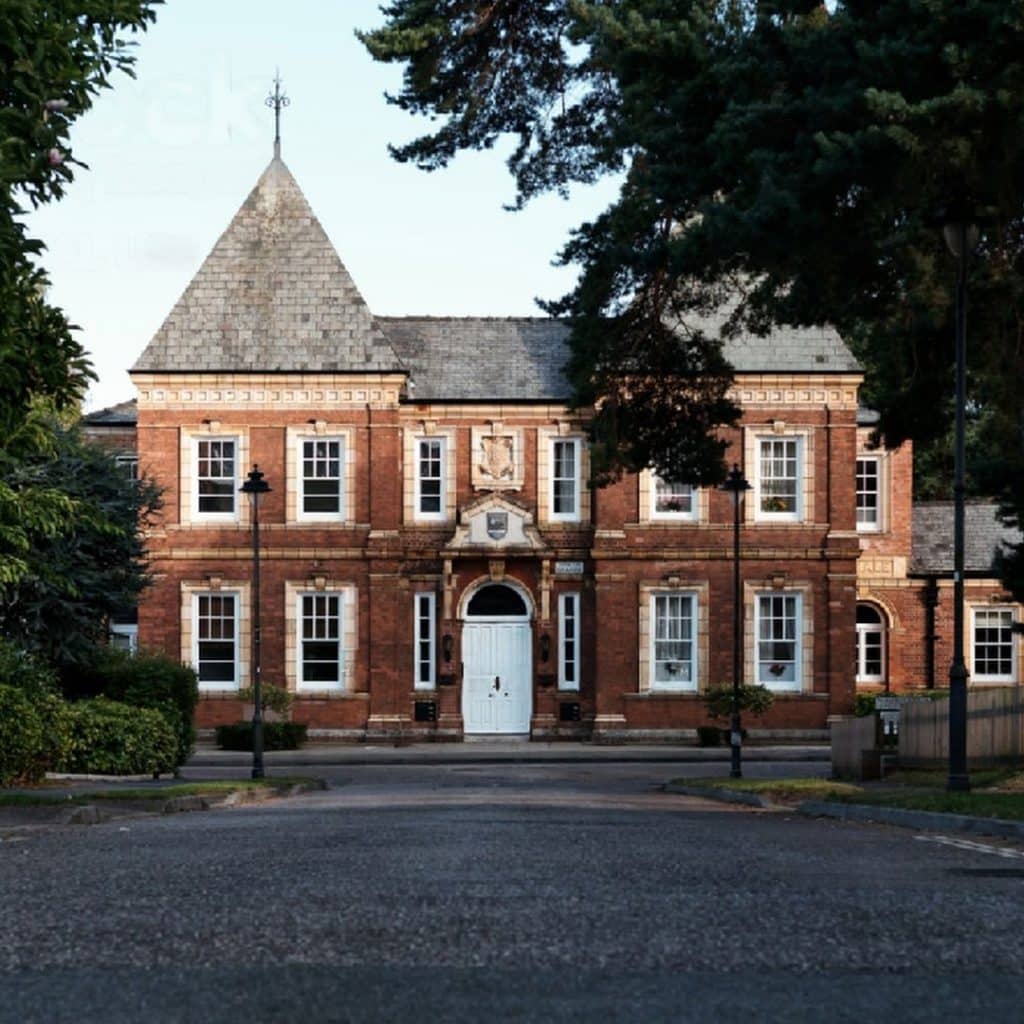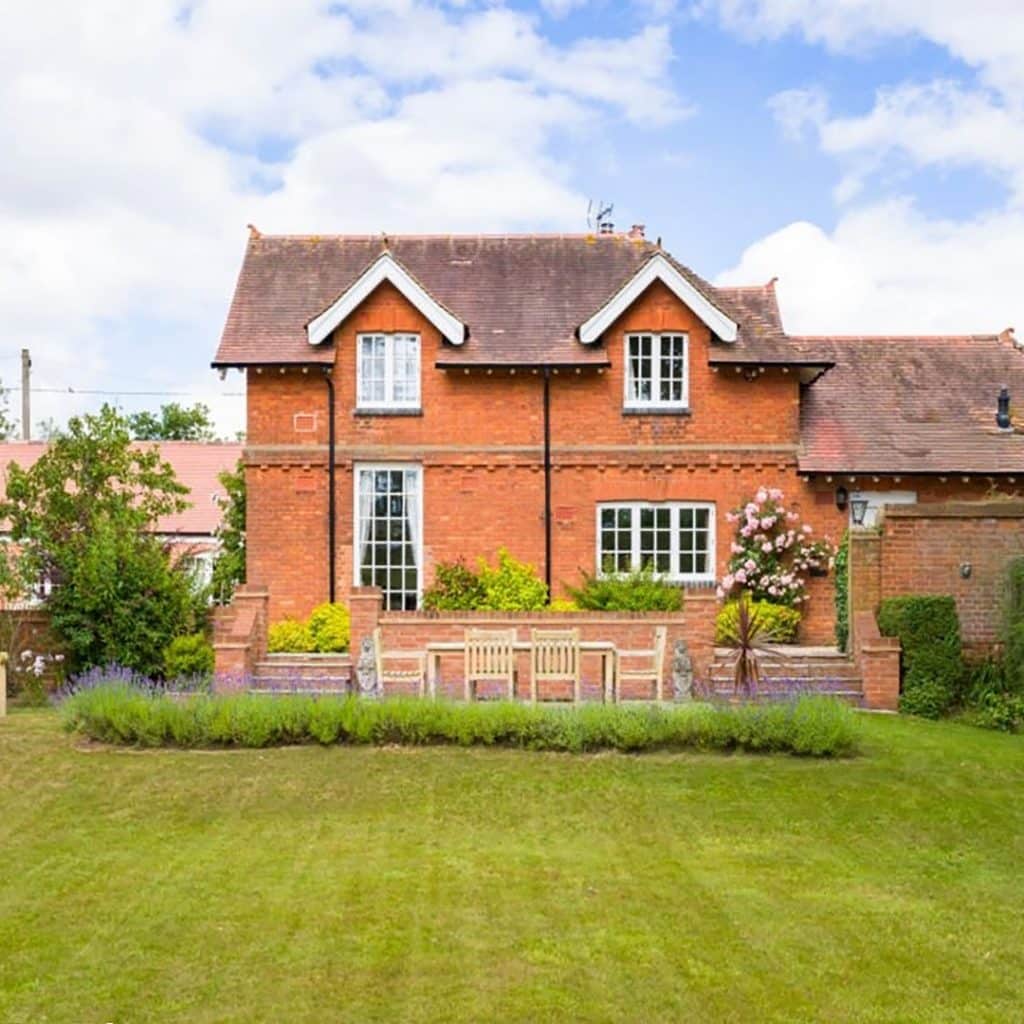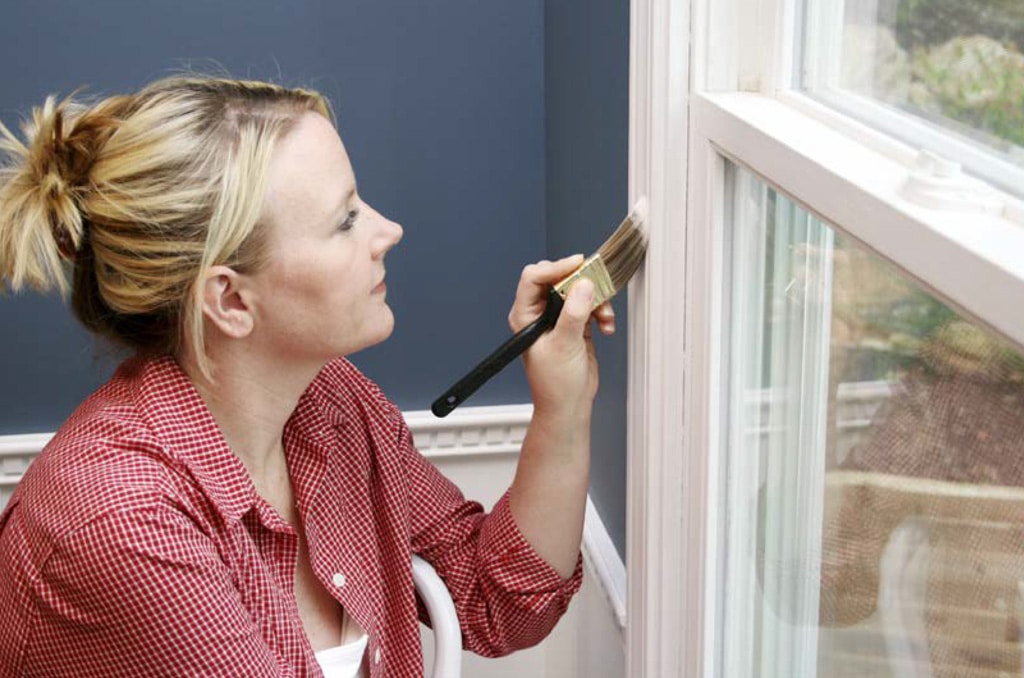Do you need planning permission for windows?
If you’re considering replacing your windows, you may have questions about relevant regulations and planning permission requirements. It’s worth noting that there are instances where planning permission is necessary for window replacement. Additionally, it’s crucial to adhere to stringent building regulations concerning glazing.
For your convenience, we have provided a reference outlining the general guidelines that apply when changing windows. Furthermore, we have addressed the most frequently asked question regarding window replacement.
Do you need planning permission for windows?
If you are replacing windows with ones that are same as the ones originally installed in the house, you generally do not need to apply for planning permission, but it is always best to check with your local authority.
However, if you intend to add new windows, there are cases where planning permission may be required.
There are specific guidelines that define what qualifies as permitted development and when planning permission is necessary.

You MAY need permission if you live in a listed building, designated area or fall under an Article 4 Directive.
In certain circumstances, you may need to obtain permission for window replacement if you reside in a listed building, designated area, or if your property is subject to an Article 4 Directive.
Listed buildings are structures that hold significant architectural or historical value and are protected by law. If your home is listed, any changes, including window replacements, typically require permission from the appropriate heritage or conservation authorities.
Designated areas refer to locations with special architectural or environmental importance, such as conservation areas or national parks. In these areas, there may be additional restrictions and regulations governing changes to windows, including the requirement for planning permission.
What is an Article 4 Directive?
An Article 4 Directive is a tool used by local planning authorities to control specific types of development in designated areas. If your property falls under an Article 4 Directive, you may need planning permission for window replacements, even if they are within the permitted development rights.
It is important to check with your local planning authority or consult a professional to determine the specific requirements and regulations that apply to your situation if you reside in a listed building, designated area, or are subject to an Article 4 Directive.
Do you need building regulations for new windows?
Planning permission is responsible for determining whether you are permitted to construct or modify a structure, while building regulations ensure that the construction process adheres to safety standards.
In addition to obtaining planning permission, compliance with building regulations is necessary when it comes to windows.
Why are building regulations important?
Building regulations play a crucial role in preserving the safety, energy efficiency, and functionality of windows in heritage properties. While the specific regulations may vary depending on the location and heritage designation of the property, there are several important considerations to keep in mind:
- Conservation of heritage features: Building regulations for heritage properties often prioritise the preservation of original windows or the replication of historic designs. This ensures that the character and architectural integrity of the property are maintained.
- Material and design requirements: The regulations may specify the materials, finishes, and design details that should be used for windows in heritage properties. This ensures that the replacements or modifications are in line with the original aesthetic and architectural style.
- Energy efficiency and insulation: While preserving the heritage character is important, building regulations also emphasise the need for energy efficiency and insulation. Windows in heritage properties may need to meet specific standards for thermal performance, such as U-Values, to improve energy efficiency without compromising the overall appearance.
- Structural stability and safety: Building regulations address the structural stability and safety of windows in heritage properties. This includes considerations for the load-bearing capacity of the window frames and the use of appropriate fixings and reinforcements to ensure the windows are secure and resistant to potential hazards.
- Accessibility and functionality: Building regulations often include provisions for ensuring that windows in heritage properties are accessible and functional. This may involve requirements for window opening mechanisms, clearances, and safety features to accommodate the needs of occupants, including those with disabilities.
It is important to consult with local heritage authorities, conservation officers, or building control departments to understand the specific building regulations that apply to your heritage property. By adhering to these regulations, you can ensure that any changes or replacements to windows in a heritage property are carried out in a manner that respects its historic significance while meeting modern safety and energy efficiency standards.

Part F relates to replacement windows in existing buildings
As the owner of a heritage property, it is important to consider specific guidelines when replacing windows. Here are the key points to note:
- Ventilation requirements: If the windows to be replaced currently have background (trickle) ventilators, the replacement windows must have vents of at least the same size. This ensures that the existing level of ventilation is maintained.
- Improving ventilation: If the windows to be replaced do not currently have background ventilators, it is necessary to demonstrate that the ventilation will not be compromised after the window replacement. This may involve fitting background ventilators to the new windows to ensure that the ventilation is not worsened.
- Energy efficiency and trickle vents: There is a misconception that trickle vents may reduce the energy efficiency of windows. However, this is not the case. Trickle vents can be closed to maintain an airtight and draught-proof window frame when not in use, preserving energy efficiency.
- Importance of ventilation: Vents are essential to allow air circulation in a room and to remove moisture, minimizing issues such as condensation, mould, and dampness. Proper ventilation is particularly important in modern homes to maintain a healthy indoor environment.
To fully understand the guidelines and regulations regarding ventilation in windows for heritage properties, it is recommended to review the following documentation on Part F, which provides comprehensive guidelines on ventilation requirements.
By following these guidelines and ensuring appropriate ventilation, you can maintain the integrity of your heritage property while addressing modern concerns related to air quality and moisture control.
What does part F compliant mean?
Do I need planning permission to paint my windows?
It’s essential to consider that there might be specific restrictions on altering the external appearance of your property, depending on the type of property you reside in. For instance, listed buildings are subject to stringent regulations to preserve their historical and architectural integrity. Similarly, leaseholders may have contractual obligations or restrictions imposed by their lease agreements.
Therefore, before proceeding with any changes to the external appearance of your windows, it is advisable to consult with the appropriate authorities, such as heritage or conservation officers, or review the terms of your lease agreement. They can provide guidance on any specific requirements or restrictions that apply to your property, ensuring that any alterations you make align with the necessary regulations and preservation guidelines.
Restrictions that you need to check before painting or replacing windows
Listed Buildings
When it comes to listed buildings, obtaining listed building consent is necessary before replacing windows. The consent process ensures that any changes to windows are in line with the historical significance and architectural character of the property. Additionally, you will likely be limited to specific styles and colours for your windows and frames to preserve the authenticity of the building.
Designated Areas
Designated areas, such as Conservation Areas, National Parks, Areas of Outstanding Natural Beauty, and World Heritage Sites, often have similar restrictions to listed buildings. Therefore, seeking approval from the relevant authority is crucial before replacing any windows in these areas. This ensures that the changes are compatible with the area’s unique character and environmental considerations.
Article 4 Direction
It’s important to check if your local council has implemented an Article 4 Directive that overrides permitted development rights. An Article 4 Direction can impose additional planning restrictions, including on window replacements. Contact your local council to confirm whether such a directive is in place and seek the necessary permissions accordingly.
Considering the specific regulations and restrictions applicable to your property type, location, and lease agreement is crucial to ensure compliance and avoid any potential legal or contractual issues when replacing or modifying windows.

Why choose Ventrolla?
If you’re considering a window project, it’s crucial to consult with the experts at Ventrolla. Our team of professionals is here to guide you through every step of the process and ensure that your windows are handled with utmost care and expertise.
By choosing Ventrolla, you’re opting for a company accredited by FENSA, a trusted authority in the industry. This accreditation guarantees that our work meets the highest standards of quality and compliance with building regulations.
Why is this important? Well, when it comes time to sell your house in the future, having professionally installed and certified windows can save you from potential complications. Buyers value the assurance of proper installation and compliance, which can increase the value and marketability of your home, providing peace of mind, knowing that your windows have been fitted by a reputable company.
So don’t take chances with your window project. Contact our experienced staff at Ventrolla today. We’re here to provide personalised solutions, answer your questions, and ensure a smooth and successful window renovation.
FAQs about Do I need planning permission for windows?
1. Do I need planning permission for windows?
Generally, if you are replacing windows with ones that are the same as the ones originally installed in the house, it is always best to check with your local authority to confirm whether you need planning permission. If you intend to add new windows, there are cases where planning permission may be required, especially if you live in a listed building, designated area, or fall under an Article 4 Directive. Specific guidelines define what qualifies as permitted development and when planning permission is necessary.
2. Do I need building regulations for new windows?
Yes, in addition to obtaining planning permission, compliance with building regulations is necessary when it comes to windows. Building regulations ensure the safety, energy efficiency, and functionality of windows. For heritage properties, building regulations play a crucial role in preserving their unique character. They may cover aspects such as the conservation of heritage features, material and design requirements, energy efficiency and insulation, structural stability and safety, and accessibility and functionality. It is important to consult with local heritage authorities, conservation officers, or building control departments to understand the specific regulations that apply to your heritage property.
3. Do I need planning permission to paint my windows?
The need for planning permission to paint windows depends on the specific restrictions that apply to your property. Listed buildings, for example, require listed building consent before making any changes, including painting windows. Similarly, designated areas such as Conservation Areas, National Parks, Areas of Outstanding Natural Beauty, and World Heritage Sites may have restrictions on altering the external appearance of windows.
4. Why should I choose Ventrolla for my window project?
When it comes to your window project, it’s crucial to work with professionals like Ventrolla. We are accredited by FENSA, a trusted authority in the industry, ensuring that our work meets the highest standards of quality and compliance with building regulations. Having professionally installed and certified windows can save you from potential complications when selling your house in the future, as buyers value proper installation and compliance. Contact our experienced staff at Ventrolla to receive personalised solutions, answers to your questions, and a smooth and successful window renovation.
5. What happens if I change my windows without planning permission?
Changing windows without obtaining the necessary planning permission can have legal and practical consequences. Here are some potential outcomes:
- Enforcement action: If you make changes to your windows without planning permission, the local planning authority has the power to take enforcement action against you. This may involve issuing an enforcement notice, requiring you to restore the original windows or seek retrospective planning permission. Failure to comply with an enforcement notice can lead to legal proceedings and financial penalties.
- Reversal of changes: In some cases, you may be required to undo the changes you made to the windows, which can be costly and time-consuming. This can include removing and replacing the new windows with ones that meet the necessary planning requirements.
- Difficulty in selling the property: Changing windows without planning permission can create complications when selling your property. Potential buyers may be reluctant to proceed with a purchase if there are unresolved planning issues or concerns about the legality of the changes. It can also affect the property’s valuation and marketability.
- Loss of legal protection: Without proper planning permission, the changes you make to your windows may not be legally protected. This means that future alterations or repairs may be subject to additional scrutiny or restrictions.
- Insurance and warranty implications: Insurance providers and window manufacturers may have specific requirements and warranties that could be invalidated if changes are made without planning permission. This can result in financial loss or difficulties in obtaining insurance coverage or warranty claims.
- Impact on neighbouring properties: Changing windows without planning permission can have implications for neighbouring properties, especially in terms of visual impact, privacy, and light obstruction. Complaints from neighbours or objections from local residents may result in further scrutiny or disputes.
It is essential to consult with your local planning authority or seek professional advice before making any changes to your windows. They can provide guidance on whether planning permission is required and help you navigate the process to ensure compliance with regulations and avoid potential complications.
Note: The answers provided here are for general informational purposes. It is always recommended to consult with local authorities, professionals, or relevant parties for specific guidance and regulations that apply to your unique situation.
6. Do windows add value to my property?
Yes, windows can add value to a heritage property. They play a significant role in both the aesthetics and functionality of a building, and well-maintained or restored windows can enhance the overall value and appeal of a heritage property.
7. Can upgrading windows increase the value of a heritage property?
Yes, upgrading windows can potentially increase the value of a heritage property. If the existing windows are in poor condition or not energy-efficient, replacing them with high-quality windows that are sympathetic to the property’s heritage can improve its overall value and appeal.
8. How can I ensure that window upgrades add value to my heritage property?
To ensure that window upgrades add value to your heritage property, it’s advisable to work with professionals experienced in heritage preservation and restoration. Experts at Ventrolla can guide you in selecting appropriate window styles, materials, and finishes that are sympathetic to the property’s heritage while offering modern energy efficiency and functionality.
9. Can restoring original windows instead of replacing them add value to a heritage property?
Yes, restoring original windows instead of replacing them can add value to a heritage property. Preserving the authentic character and features of the property is highly valued, and restoring original windows using appropriate conservation techniques can enhance the property’s historical value and appeal.
